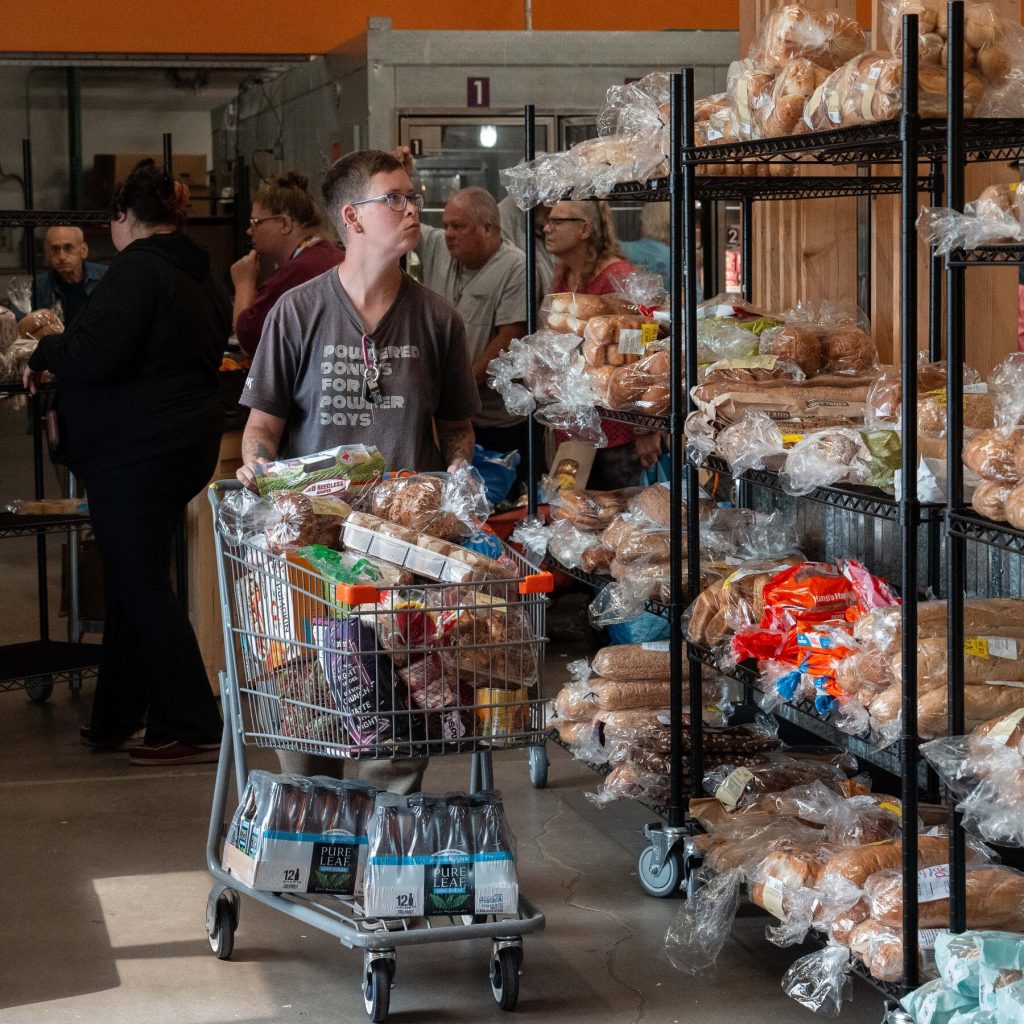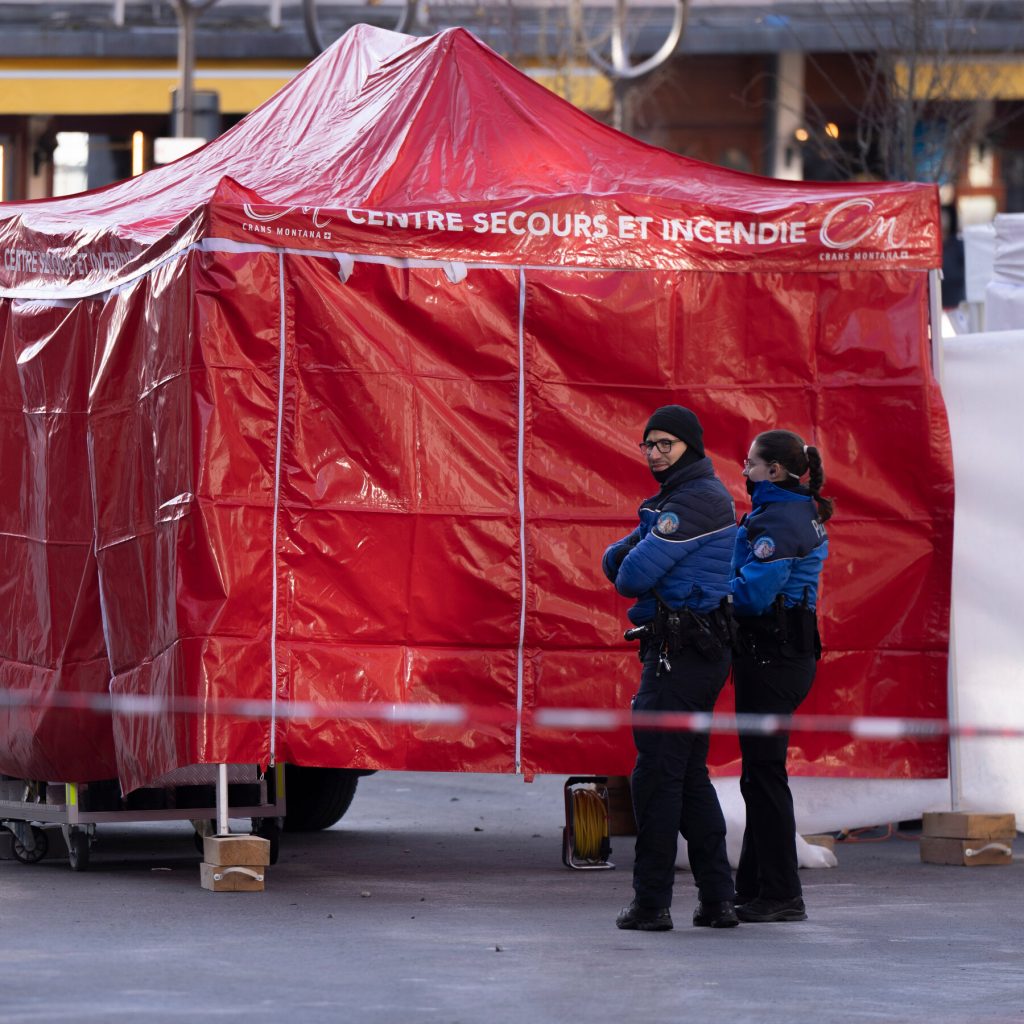Uncovering the Resilience of Pompeii: How Some Survivors Returned to the Ashes

The catastrophic eruption of Mount Vesuvius in A.D. 79 buried the ancient Roman city of Pompeii under a thick layer of volcanic ash, pumice, and rock, killing thousands and displacing many more. While it is well-known that the disaster led to a massive exodus of survivors, a new study suggests that contrary to popular assumption, some residents chose to return to their beloved city. The findings reveal a fascinating, albeit somber, picture of a community struggling to rebuild and adapt in the aftermath of one of history’s most infamous natural disasters.
Estimates suggest that around 30,000 Romans fled the devastated region in the immediate aftermath of the eruption, seeking refuge in nearby towns and cities. However, a significant number of survivors, likely driven by a mix of emotional attachment, economic necessity, and a desire to reclaim their homes and livelihoods, decided to return to Pompeii. These brave individuals faced the daunting task of rebuilding their lives amidst the ruins, literally and figuratively.
The new study paints a vivid picture of a city that, although severely diminished, continued to limp along as a fragile, makeshift settlement. The once-thriving metropolis was reduced to a virtual shantytown, with survivors eking out a meager existence amidst the ash-choked streets and buildings. Despite the challenges, the resilience and determination of these Pompeiians demonstrate a remarkable capacity for human adaptability and hope in the face of unimaginable adversity.
The research provides a nuanced understanding of the complex and multifaceted impact of the Vesuvius eruption on the people of Pompeii, highlighting the intricate relationships between disaster, displacement, and community resilience. As archaeologists and historians continue to unravel the secrets of this ancient city, the story of Pompeii’s survivors serves as a poignant reminder of the indomitable human spirit and its capacity to persevere even in the most inhospitable of environments.



